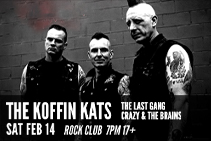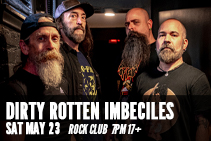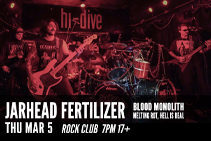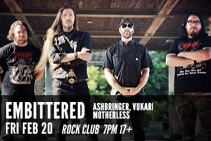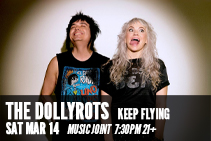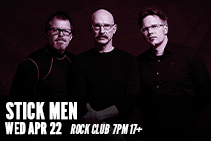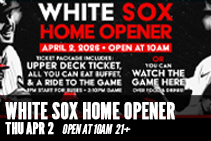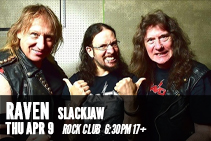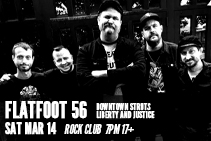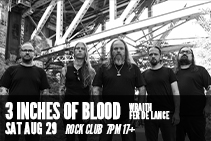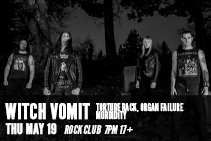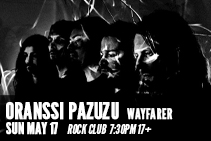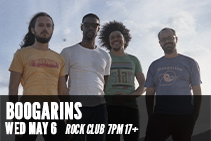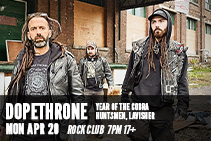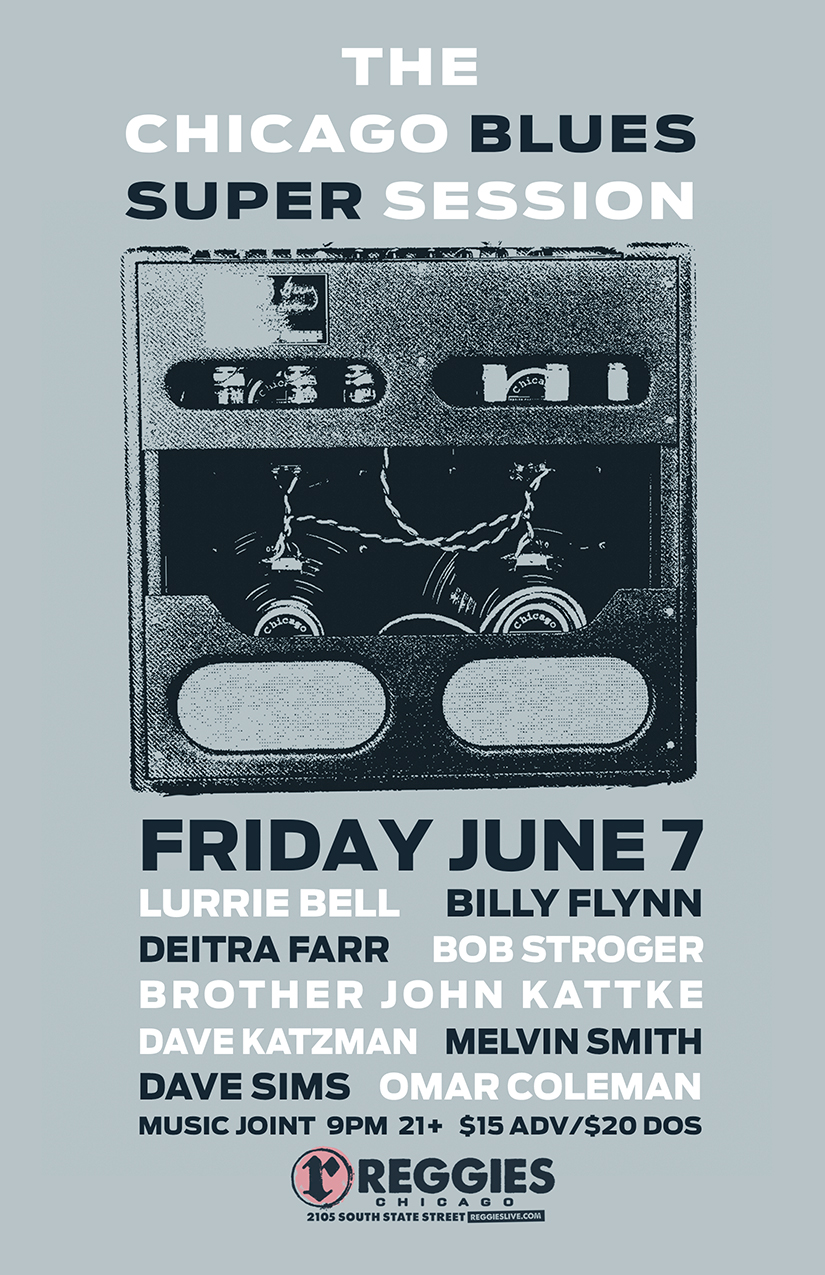
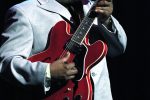
LURRIE BELL
Born in 1958, the son of famed blues harmonica player Carey Bell, Lurrie Bell picked up his father’s guitar at age of five and taught himself to play. He was clearly gifted. In addition, he grew up with many of the Chicago blues legends around him. Eddie Taylor, Big Walter Horton, Eddie C. Campbell, Eddie Clearwater, Lovie Lee, Sunnyland Slim, Jimmy Dawkins and many more were frequent visitors to his house. They all helped to shape and school him in the blues, but none as much as his father’s long-time employer Muddy Waters.
At seven years old, Bell left Chicago to live in Mississippi and Alabama with his grandparents. During this time he played mostly in the church, immersing himself in the passionate expressiveness of the gospel tradition. At fourteen he moved back to Chicago and continued to play in church as well as forming his first blues band while attending high school.
By seventeen Lurrie Bell was playing on stage with Willie Dixon. In 1977 he was a founding member of The Sons of Blues with Freddie Dixon (son of Willie) and Billy Branch. The band recorded three standout tracks for Alligator Records’ Grammy nominated Living Chicago Blues series. In 1978 Bell joined Koko Taylor’s band and stayed for several years, honing his chops and learning the ropes of being a traveling musician. He continued to work with his dad as well, recording the 1984 Rooster Blues album Son Of a Gun and several other titles for UK’s JSP Records. Not only was Bell recognized as an exceptionally talented guitarist and musician, his knowledge of different blues styles, his soulfulness and his musical maturity delivered write-ups in publications such as Rolling Stone and The New York Times.
Battling and defeating a series of personal demons kept him out of the studio and off the road for a long spell in the late 1980’s, but Bell persevered and re-surfaced in the mid-1990’s with a succession of four highly acclaimed records for Chicago’s Delmark label.
Since the onset of the new millennium, Bell’s profile has been steadily rising. 2002 saw the release of the CD Cutting Heads and in 2004 Alligator Records released Second Nature an acoustic duet record with his father Carey Bell that was nominated for a WC Handy Award Acoustic Record of the Year by the Blues Foundation in Memphis.
In 2007 Bell started his own label Aria B.G. Records and released Let’s Talk About Love, which has been called his most accomplished, deeply heartfelt album yet. On the strength of this record, he was voted Most Outstanding Guitar Player in the 2007 Living Blues Magazine’s Critic’s Poll, and in 2008 he was named the magazine’s Artist of the Year. Since 2007 he has received multiple Blues Music Award nominations as Best Guitarist and Best Traditional Male Blues Artist by the Blues Foundation.
2009 found him pairing up with Billy Boy Arnold, John Primer, Billy Branch on the recording Chicago Blues: A Living History which garnered him his first official Grammy nomination for Best Traditional Blues Recording. In 2011 a follow-up was released; Chicago Blues: A Living History (The Revolution Continues) featuring Buddy Guy, Magic Slim, and Ronnie Baker Brooks.
And now in 2012 comes the arrival of his second CD on Aria BG Records The Devil Ain’t Got No Music, a collection of acoustic blues and gospel songs that recollect the music he often played with his dad and at church in Mississippi and Alabama as a child. At last count Lurrie Bell has now appeared on over 50+ recordings either as leader or featured sideman.
Lurrie Bell’s elegant and intense guitar playing and passionate vocals have made him a favorite at clubs and festivals around the world and have earned him a reputation as one of the “leading lights” in the future of the blues.
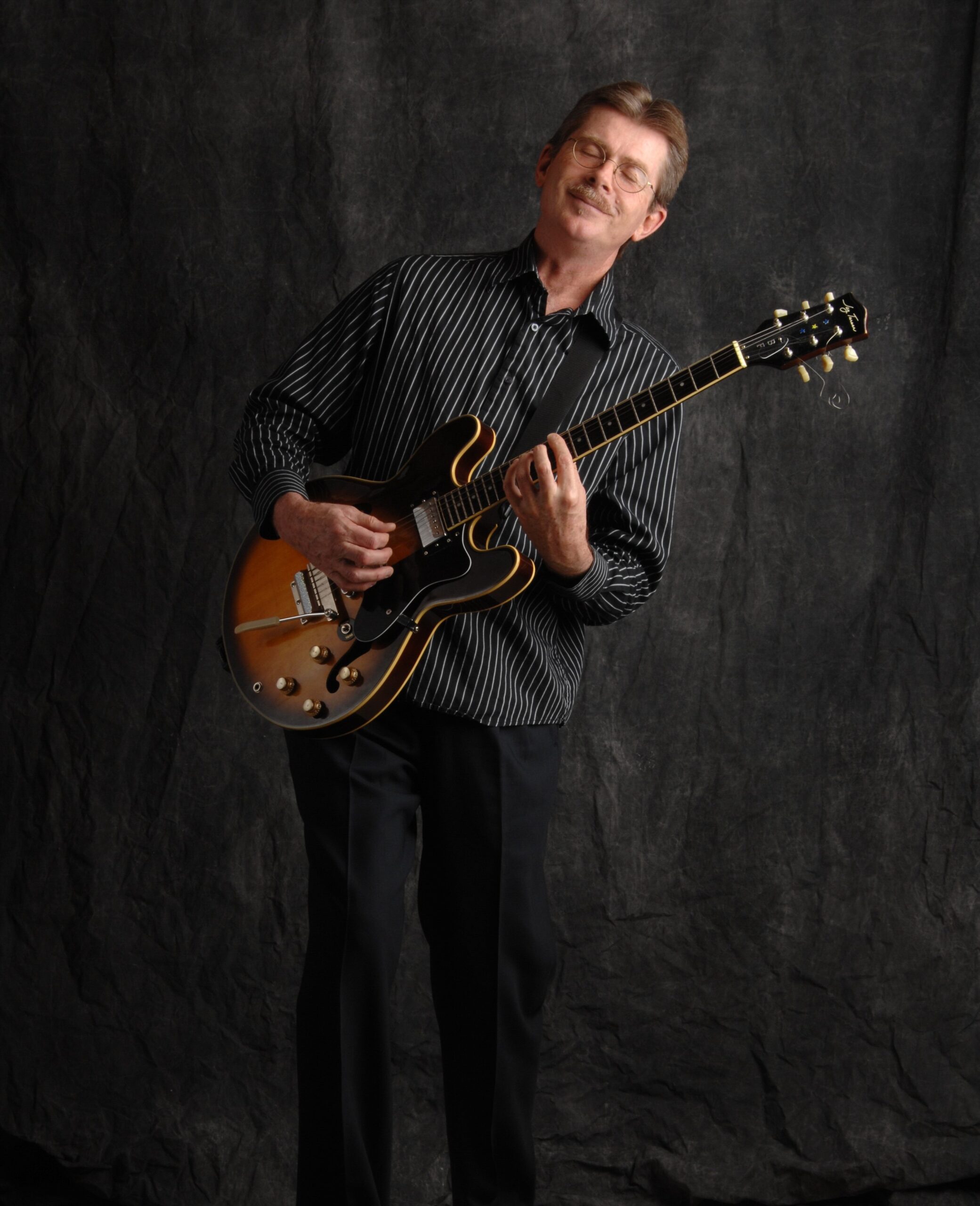
BILLY FLYNN
Billy Flynn is an American Chicago blues and electric blues guitarist, singer and songwriter.
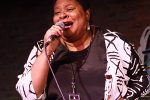
DEITRA FARR
Deitra Farr is considered one of Chicago ’s top vocalists, according to Living Blues Magazine (May 1997). Fiery, energetic, and soul-stirring describes this woman, who has over the years been nominated for Traditional Female Blues artist of the year by the W.C. Handy Awards, Female Blues Artist of the year by the Living Blues Critics Awards, the British Blues Connection Awards, and the Les Trophees France Blues awards. On October 4, 2015 Deitra was inducted into the Chicago Blues Hall of Fame as a ” Legendary Blues Artist “. On December 9, 2016 the National Southern Soul Foundation gave Deitra ” The Most Popular Blues Artist Award”. Deitra is the recipient of the 2017 Jus Blues Music Foundation’s ” Koko Taylor Queen of the Blues Award”.
This Chicago native began her career in 1975, singing with local soul bands, before starting her blues career in the early 1980’s. When Deitra was 18 years old, she recorded the lead vocals on Mill Street Depo’s record ” You Won’t Support Me “. That record was a Cashbox Top 100 R&B hit in 1976. Over thirty years later, that recording has been re-released and is popular again worldwide.
In 1983, Deitra began her blues career working at the major Chicago blues clubs, such as The Kingston Mines, The Wise Fool’s Pub and Blue Chicago. She also toured the US and Canada with the Sam Lay Blues Band.
From 1993 to 1996, Deitra was the lead singer with Mississippi Heat, recording two CD’s with this all-star group.
In 1997, Deitra resumed her own solo career, continuing to sing blues, while reaching back to her soul music roots. After recording on eight previous CD projects with others, she recorded her first solo CD, “The Search is Over”, for the London-based JSP records. In 2005, Deitra released her second JSP CD “Let it Go!”
The multi-talented Deitra Farr is also a published writer, poet, songwriter, and painter. A graduate of Columbia College (Bachelor of Arts in Journalism), Deitra has recorded many of her own compositions and has written articles for the Chicago Daily Defender, The Chicago Blues Annual, and the Italian blues magazine il Blues. Currently she has a column “Artist to Artist” in Living Blues Magazine.
In 1990, Deitra represented the Chicago Tourism Bureau in Düsseldorf, Germany and has toured England, Wales, Iceland, Finland, Norway, Canada, Holland, Belgium, France, Switzerland, Monaco, Italy, Slovenia, Greece, Israel, Austria, Latvia, Portugal, Sweden, Mexico, Guadeloupe, Lebanon, Spain, Denmark, United Arab Emirates (Abu Dhabi and Dubai), Qatar, Hungary, Czech Republic, Poland, Scotland, Argentina, Brazil, Croatia, Japan, Macedonia , Serbia , Russia Armenia, and Romania.
Deitra toured Europe with the 2000 Chicago Blues Festival with Lil Ed and the Blues Imperials. In 2003, Deitra completed a six week British tour with Otis Grand and Bobby Parker, as the American Festival of the Blues II. She did the 2004 Chicago Blues Festival European tour with Jody Williams and Andrew “Jr. Boy” Jones. From 2006-2010 Deitra has toured with The Women of Chicago Blues project with Zora Young and Grana Louise. Since 2013.. Deitra often tours Europe with Raphael Wressnig’s Soul Gift tour, which included Alex Schultz, Enrico Crivellaro, Silvio Berger and Sax Gordon.
Deitra is also performing as a member of the all- star blues group Chicago Wind, along with harmonica great Matthew Skoller!!
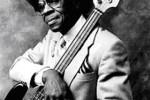
BOB STROGER
Have Bass Will Travel…. I was born in South East Missouri in a small town Haiti, where I lived on a farm. I moved to Chicago in 1955. I lived in the back of a night club on the West Side, where Howling Wolf and Muddy Waters played. It looked like they were having a lot of fun and I made up my mind that what I wanted to do was play music. I got married at an early age and I used to watch my brother-in-law play music. His name was Johnny Ferguson and he and JB Hutto had a band they called the Twisters. They were working on 39’th and State Street in Chicago and I would carry them to work every night and watch them. Then at home I would try to teach myself to play. My cousin Ralph Ramey said that we should start a band and we did just that. We got my brother (John Stroger), who played the drums, to learn the songs we knew and in four months we were making some noise. We went to a club and played two songs and the man said we had a job. It was one of the better clubs, where musicians like Memphis Slim worked. The owner wanted us to wear uniforms but we had no money to buy them, so we got black tams and put a red circle in the top and called the band the Red Tops and that was the way it started. We got so good that they wanted the band to travel, but Ralph’s wife did not wont him to travel. so my brother formed a band with Willie Kent and myself and called it Joe Russel and the Blues Hustlers. We played together for a while,but eventually I decided to move on, because i wanted to travel more and see the world and I found out you can make money doing this. I joined a jazz band and played with Rufus Forman for about 3 years, but we were doing very little work. Then I met Eddie King and we talked. I told him I was in a jazz band and we needed a guitar player that could play blues. He sead OK and joined our groop, and we started playing blues and RB and things took off. We called the band Eddie King and King Men, and we stayed together for 15 years. Then we split up for about 2 years and later we started the band up as Eddie King and Babee May and the Blues Machine and we stayed together until Eddie King moved out of town. I quit playing for 2 years becouse we were so close I did not want to play with anyone but Eddie. Then I met Jessie Grean when I was playing with Morris Pejo and he liked the way I played bass and one night Otis Rush need a bass player, so Jessie said come and work with him. The rest is history. I have been playing music for 39 years and I am still having fun.
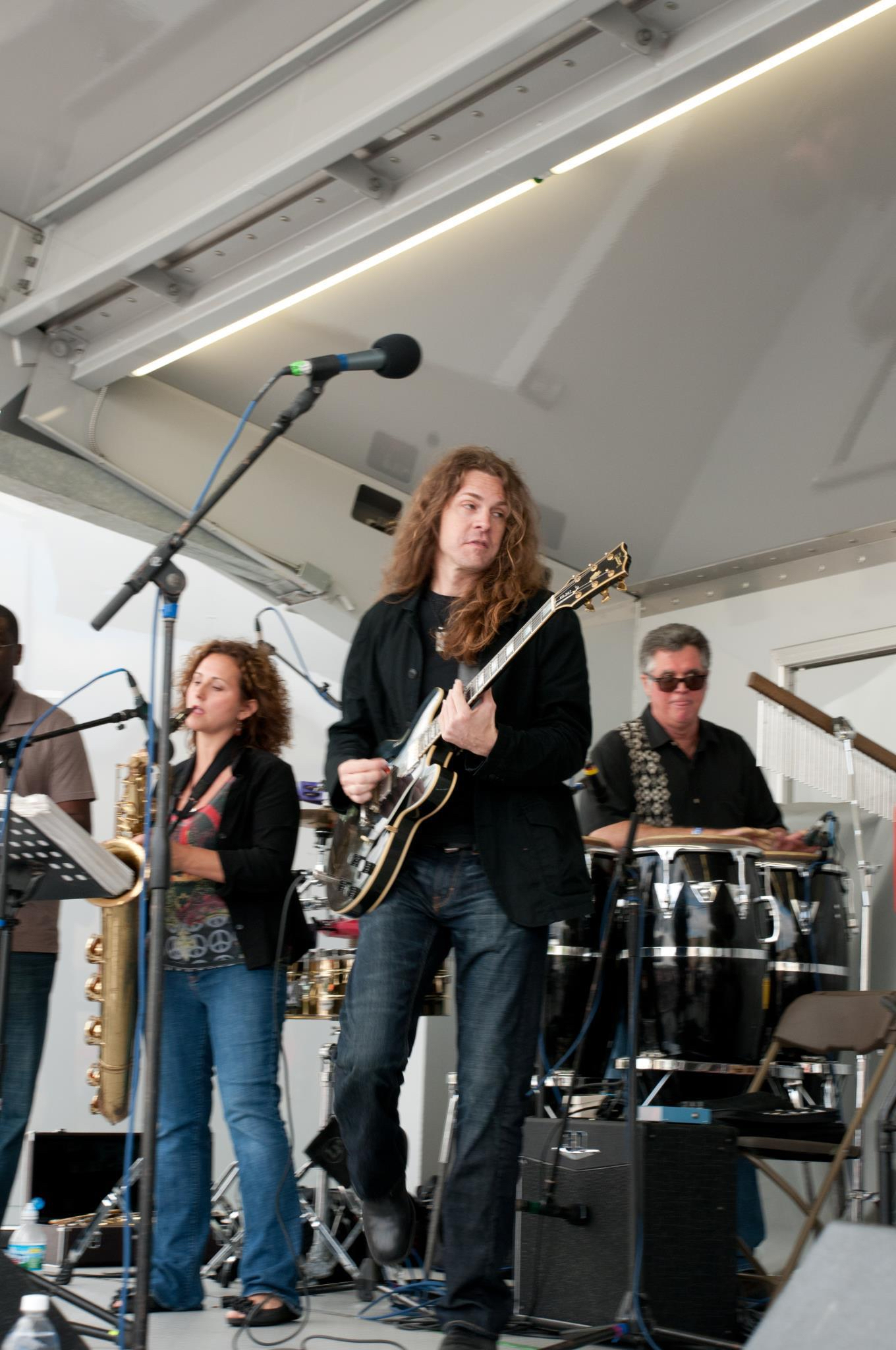
BROTHER JOHN KATTKE
Brother John has played with Eric Clapton, Steve Miller, the Black Crowes, and acquired ringing endorsements from many other musicians of renown. For example: Led Zeppelin vocalist Robert Plant had seen John play with Otis Rush at the Jazz Café in London. When Plant and Kattke met in person at the United Center in Chicago, Plant told Kattke: “You play a mean guitar!” George Benson came to the jam session that Kattke hosts at Buddy Guy’s Legends in Chicago. After hearing the opening set that John played with his band, Benson told him: “You’re fearless! I thought I was fearless! You’re fearless!
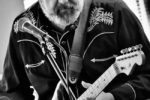
DAVE KATZMAN
Dave Katzman has been working in the Chicago Blues scene for over 4 decades. He has traveled the world as an Engineer, Guitarist, Producer and Road Manager. Working with artists like Albert Collins, Buddy Guy, Albert King, Otis Rush and many others.
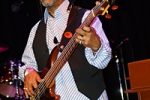
MELVIN SMITH
Melvin has been playing bass guitar for over 25 years in venues from small clubs to large international festivals. His career has had him performing in bands with such luminaries as Koko Taylor, Lurie Bell and Billy Branch. He has also performed with Carl Weathersby, Big James and the Chicago Playboys, Jimmy Johnson, Phil Guy, Lefty Dizz, Melvin Taylor, Charlie Love, Jimmy Burns and many others. Melvin is one of the most sought out bass men in the Chicago blues scene today.

DAVID SIMS
Born and raised in Mississippi, David is an accomplished drummer, having toured the US, Canada and Europe extensively. David has recorded on Alligator and Blind Pig Records. Along with a strong Blues background, he has big influences in Country, Southern Rock and R&B music.
Open to teaching all age groups and all levels of players.
Started at the Old Town School in March of 2008
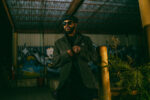
OMAR COLEMAN
Omar Coleman as a rising star with iron-clad longevity in the national blues scene. Hailing from the West Side of Chicago, Coleman grew up entrenched in soul music and black music that defined the era in the mid-90s. Working as a barber by trade, Coleman recalls being bored at his shop on Michigan & Adams in Downtown Chicago and sauntering to the music shop down the street to pick up an instrument to pass the time. He landed on the harmonica thinking it would be easy to learn quickly and would fiddle around on it between cutting hair and usurping the shoeshine guy’s chair when he went to shine shoes in the back. With many clients being musicians, Coleman would learn about Chicago being heralded as ‘Home of the Blues’ and was tipped off to legends such as Buddy Guy, Howlin’ Wolf, and more. Another world opened up.



